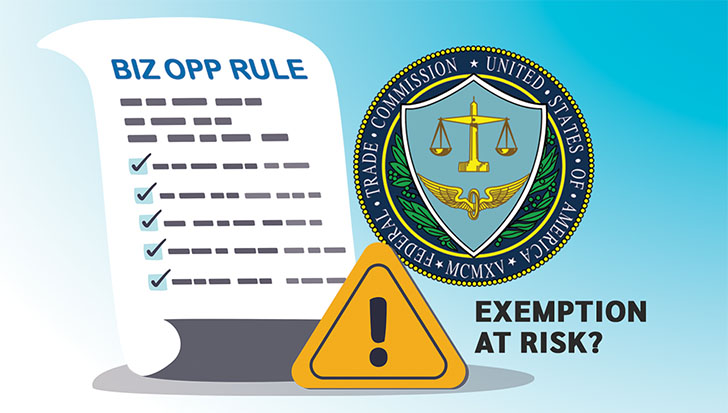The Commission seeks public comment in latest ANPR
By: David Bland
On Nov. 17 the Federal Trade Commission (FTC) held an open virtual meeting to explore changes to the Business Opportunity Rule through an Advance Notice of Proposed Rulemaking (ANPR) and to invite public comment on a potential expansion of the Rule to include other types of money-making opportunities not currently covered by the current Rule. The Commission is also seeking the public’s opinion on the effectiveness of the existing Rule as well as whether it should be retained or eliminated.
Implemented in 2011, the Business Opportunity Rule requires sellers of business opportunities to provide prospective participants and buyers with specific information seven days before an agreement can be finalized, including a disclosure statement about the business.
This content is restricted to site members. If you are an existing user, please log in. New users may register below.


